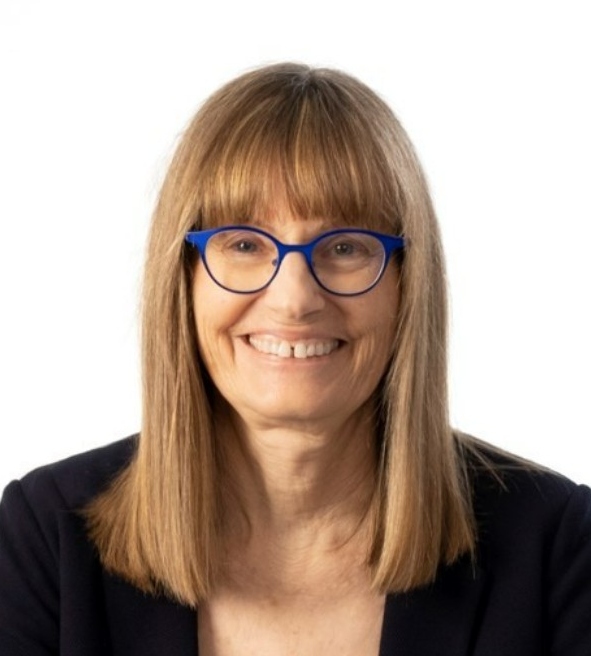UT Austin anthropology professor Dr. Elizabeth Keating develops a guide to interview and learn more about your elders.
By Samantha Greyson, Photo courtesy of Dr. Elizabeth Keating
Anthropology professor Dr. Elizabeth Keating believes that much can be gained from listening to your elders. She regards the practice as mutually beneficial. Your grandmother, grandfather or neighbor gets to share with you. You are able to reap the wisdom they’ve accumulated and develop a closer relationship to them in the process.
“When my mother died, and I was going through her things, I realized how much of her life I didn’t know about,” Keating says. “I wish I’d asked her a lot more about her childhood and teenage years. That’s what made her who she was. And I guess when she was still alive, I was still in that mother-daughter role. You know how that is. But after she died, I started to see her as a person.”

Keating interviewed her mom once before she passed; however, she remembers primarily asking her questions about their family tree, instead of her younger life.
“Afterwards, I thought, ‘I don’t really want to know about the relatives. I want to know about my mom,’” Keating says. “What sort of experiences did she have as a young person, and what was her time like? What was it like to be a woman and to emerge in that historical period? How to try to figure things out? She was the first person in her family who went to college, for example. What was that like? I didn’t ask her. She was very proud of that.”
The Essential Questions
In response to her desire to know more about her mom, Keating used her anthropological background to develop a set of 13 interview questions to learn about one’s elders. In November 2022, she published The Essential Questions: Interview Your Family To Uncover Stories and Bridge Generations.
The book contains 16 chapters spanning various topics to guide the reader in their interview process. For instance, “Tips on Interviewing Your Family,” “Questions on Time,” “Questions on Social Interactions,” “Questions on Identity” and “What Do You Wish People Knew About You?”
“I talk about the anthropological background of each topic,” Keating says. “I advocate starting out with a really broad question. That allows people to go wherever their memory takes them, and that’s what you really want. You don’t really want to control the interview too much. You really want them to be in control of what they tell.”
Dr. Keating Navigating Space
As an anthropologist, Keating is interested in space and how people navigate the space they reside in, physically and socially.
“One of the questions I ask people is, ‘Can you describe your childhood home?'” Keating says. “They start to talk about the home. Sometimes they will say how many bedrooms it had, but often they’ll say things like, ‘Well, my mother would always cook on this particular stove, and this is the kind of food that she made’ So they start to talk about what it was like to live in that place, which is, of course, what I really love to hear.”
To develop her set of questions, Keating interviewed a total of 50 elders, people raised in the generations preceding her own. She would either invite them to her home or visit them at theirs. Whatever made them most comfortable. She began the project in 2019, and despite a global pandemic happening in the midst of her research, she was able to continue, interviewing people over Zoom.
“One person told me they rode a horse to school with their two brothers,” Keating recalls. “A lot has changed. People of grandparent age, even our parents’ age, have marvelous things to tell about what it was like to live back then and what beliefs they had and what it took to get to where they are now, the kind of strength they built and so forth. It’s a really marvelous experience.”
A Learning Moment
After interviewing people on her own, she gave the questions to her students and instructed them to interview their grandparents or parents. They encountered marvelous results. After interviewing their grandparents, many students felt they had an easier time connecting with them.
“People don’t think to ask [their elders about themselves],” Keating says. “We’re so used to passing pleasantries or talking about the weather, trying to stay on safe topics, whatever those might be, and getting into these role relations all the time, instead of seeing people as people.”

